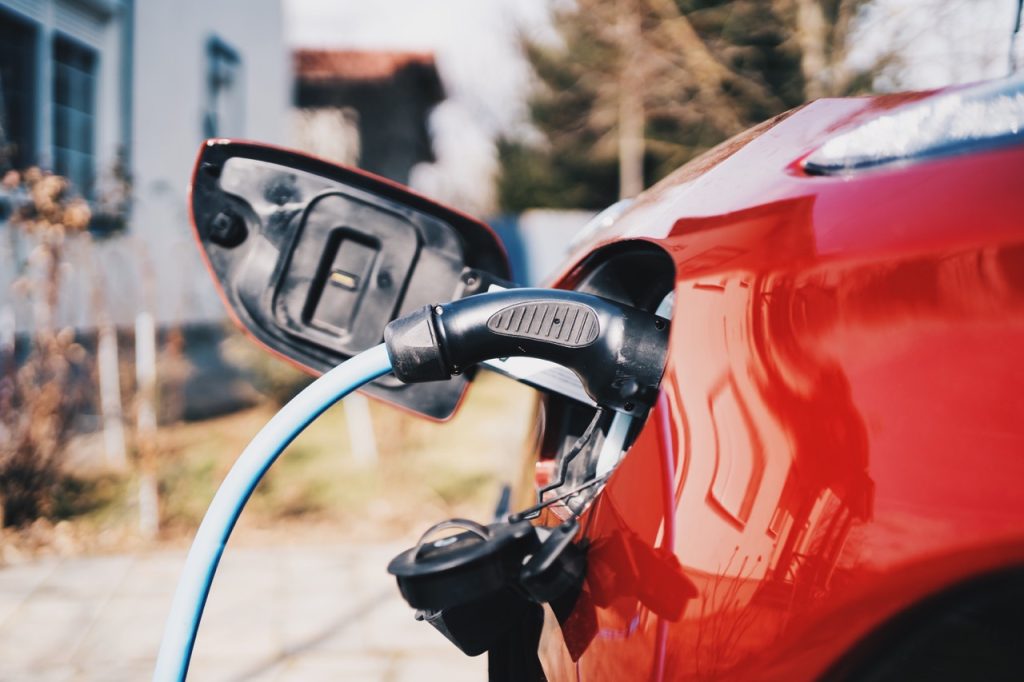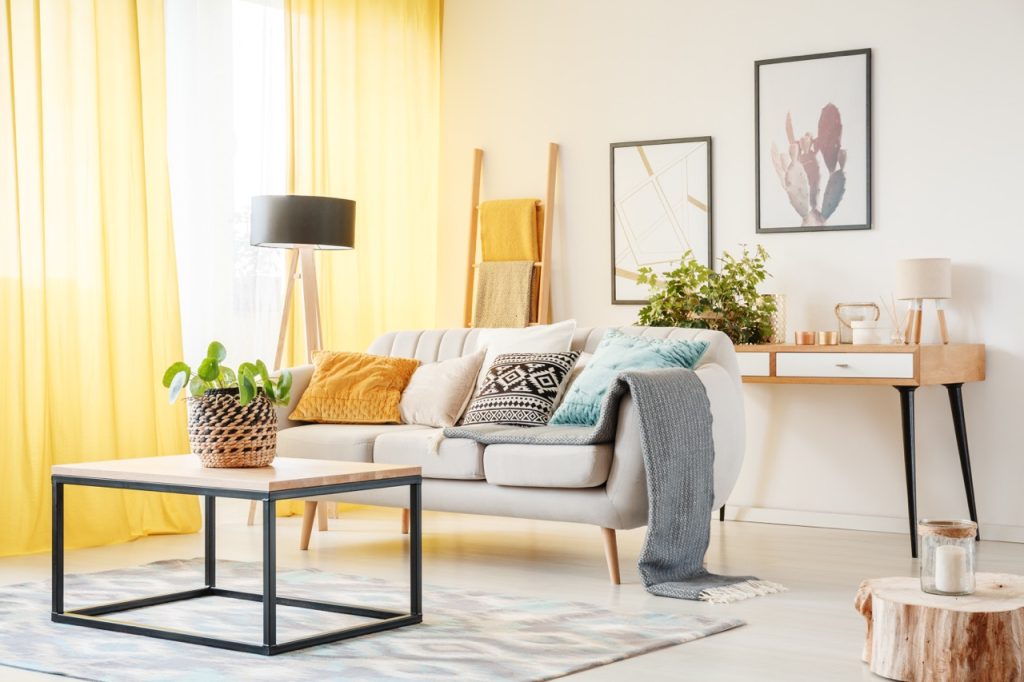Regardless of whether you are starting a new build or a renovation, have moved into a new place, or are just thinking about your existing home, home security should be on your list of things to look at.
If you are thinking about home security, then the first thing to know is that the last few years have seen big changes in security systems generally.
Old-fashioned alarm systems used a network of sensors around your home to detect an intruder. Motions and heat detectors, and switches on doors and windows were all supposed to pick up something happening in your home when you weren’t there. The system then triggered a siren to annoy your neighbours, and if you had paid for a high end system the monitoring company then called you to see if you wanted to pay them even more money to go and check why the alarm had gone off. A lot of trouble and expense to go to if it was just the neighbour’s cat, or a curtain flapping in a breeze or even just a member of the family who forgot to disarm the system!
So what’s changed?
Well, high powered smartphones, almost ubiquitous data connectivity and relatively cheap but high image quality cameras are the three key components that have made modern security camera systems possible.
A product such as CleverLoop uses these as the core of their system. It adds motion analysis algorithms to both indoor and outdoor security cameras, provides local and a cloud storage option for footage, and then pulls the whole thing together with a smart central hub. All this while also giving you you a powerful, but free, security app for your phone to run it all from.
The end result is a system that gives you full control of your home security from your smartphone. The cameras mean that you can see what is happening in your home wherever you are, and decide what to do about it. The learning motion analysis algorithms and clever setting options work to minimise the number of false alarms that you get.
There are three main ways to use a home security system:
- Live viewing
- CCTV style continuous recording
- Alerts
Live-view is as simple as it sounds – from your smartphone, if you click play on any individual camera connected to your system, you see what the camera is seeing, live, night or day, from wherever you are.
Next is using the system as CCTV. With a hard drive plugged into the USB port on a Base Station, it’s easy to record high definition footage coming from any or all of the attached cameras. You can record 24/7, or set up schedules for when the recording is switched off, or you can do the switching manually as required.
Lastly the alerts mode is where footage from each camera is analysed by the Base Station for important movement, and video alerts are sent directly to a smartphone. Again, it is the flexibility of control over this mode that makes it so powerful. Individual cameras, or the entire system, can be armed and disarmed manually. Other ways to do this are via user defined schedules, or you can auto-arm using geofencing, where any or all cameras are armed when the smartphone/s controlling the system leave a predefined area around the Base Station.
Regardless of how you use a home security system, the big difference is that you get to see what is happening, you decide if it’s serious or not, which makes false alarms a thing of that past.



